Published on Apr 30, 2024 blog
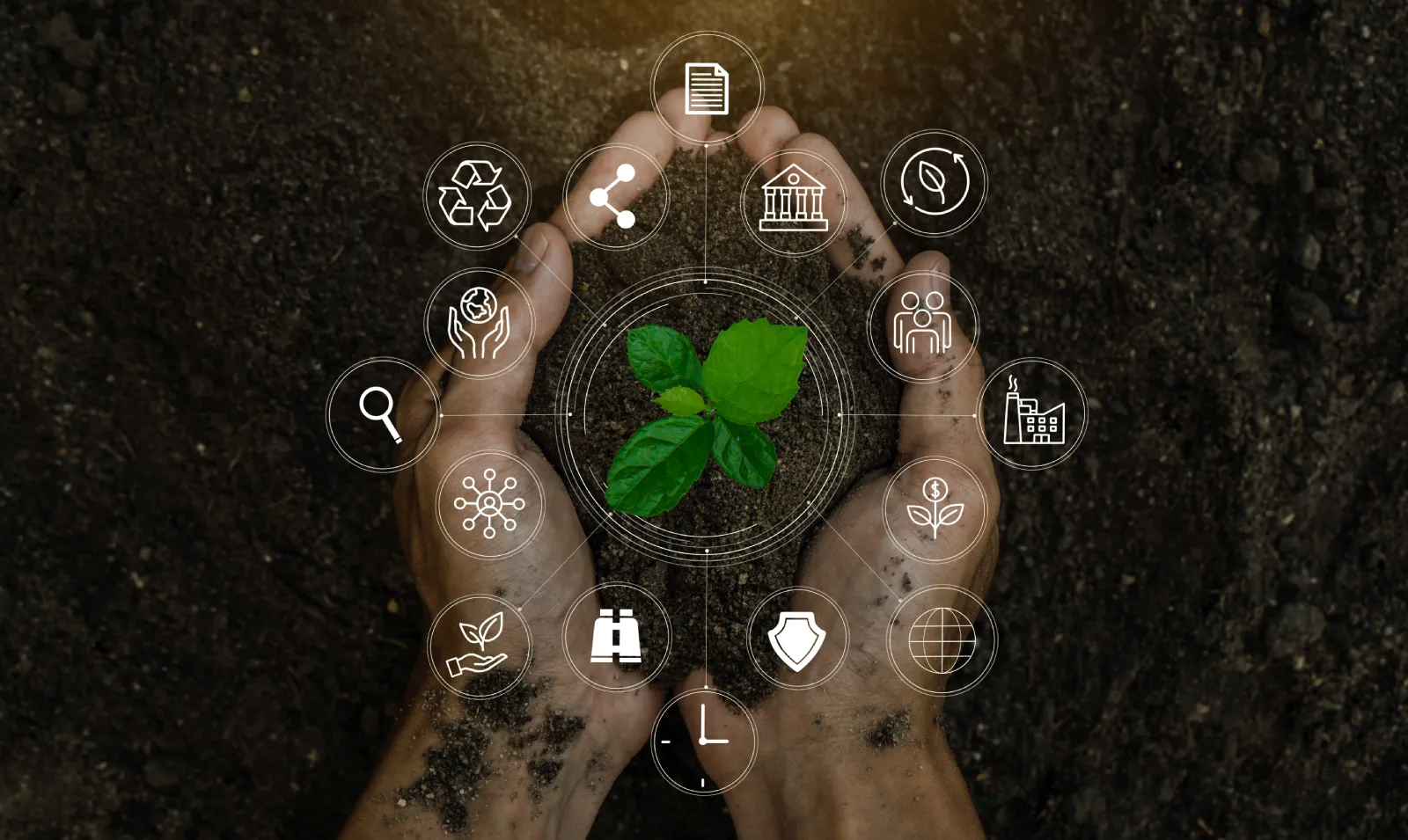
As the global demand for food rises, harnessing the power of agricultural technology becomes paramount in fostering resource efficiency, reducing waste, and promoting environmental resilience.
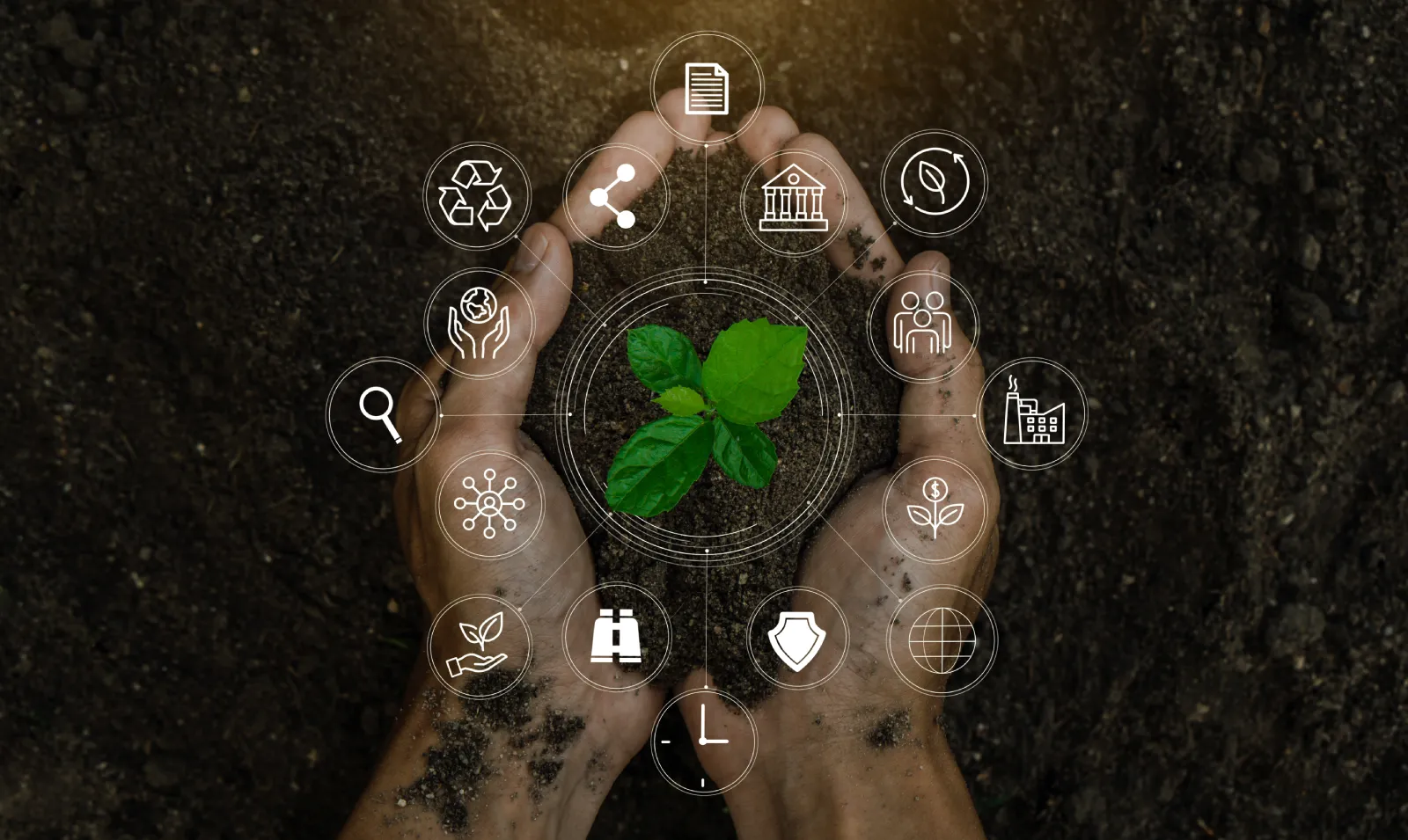
This article explores the dynamic intersection where technology and agriculture meet. From data analytics and intelligent logistics to precision farming and blockchain integration, these cutting-edge innovations—including MatLoop—are reshaping the traditional linear models of agricultural supply chains and driving circularity.
Betafeld’s new marketplace technology platform – MatLoop – has distinguishing characteristics that will facilitate a scalable supply chain by addressing farm-level supply chain challenges. A strategic combination of artificial intelligence and mathematical optimization, two complementary, advanced technologies, is innovative and unique. AI gathers the right data to feed the optimization engine, and together, they unlock the most value from an overlooked supply chain.
The platform's AI component uses text mining and deep learning to design an innovative material valorization database that suggests new ways for companies to use food waste. It also uses image processing to verify images of food waste for aesthetic imperfections and facilitate produce traceability, thus protecting the buyer’s liability.
The mathematical optimization component prescribes optimal, efficient operations to flow material between farms and various companies with respect to price and carbon-equivalent emission reduction. In particular, the optimization engine supports farm-buyer matching, storage, shipment consolidation and scheduling, and routing decisions. Thus, MatLoop provides a revolutionary, vital tool for creating a modern, competitive economy.
The symbiotic relationship between different technological innovations and agriculture is helping pave the way for a transformative shift toward circular supply chains. Advancements such as MatLoop accentuate the potential for efficiency and sustainability in every facet of agricultural operations.
AI, or Artificial Intelligence, refers to the simulation of human intelligence in machines programmed to mimic human-like cognitive functions such as learning, problem-solving, perception, and decision-making. These machines are designed to perform tasks that typically require human intelligence, ranging from simple tasks like recognizing patterns to complex activities like autonomous decision-making.
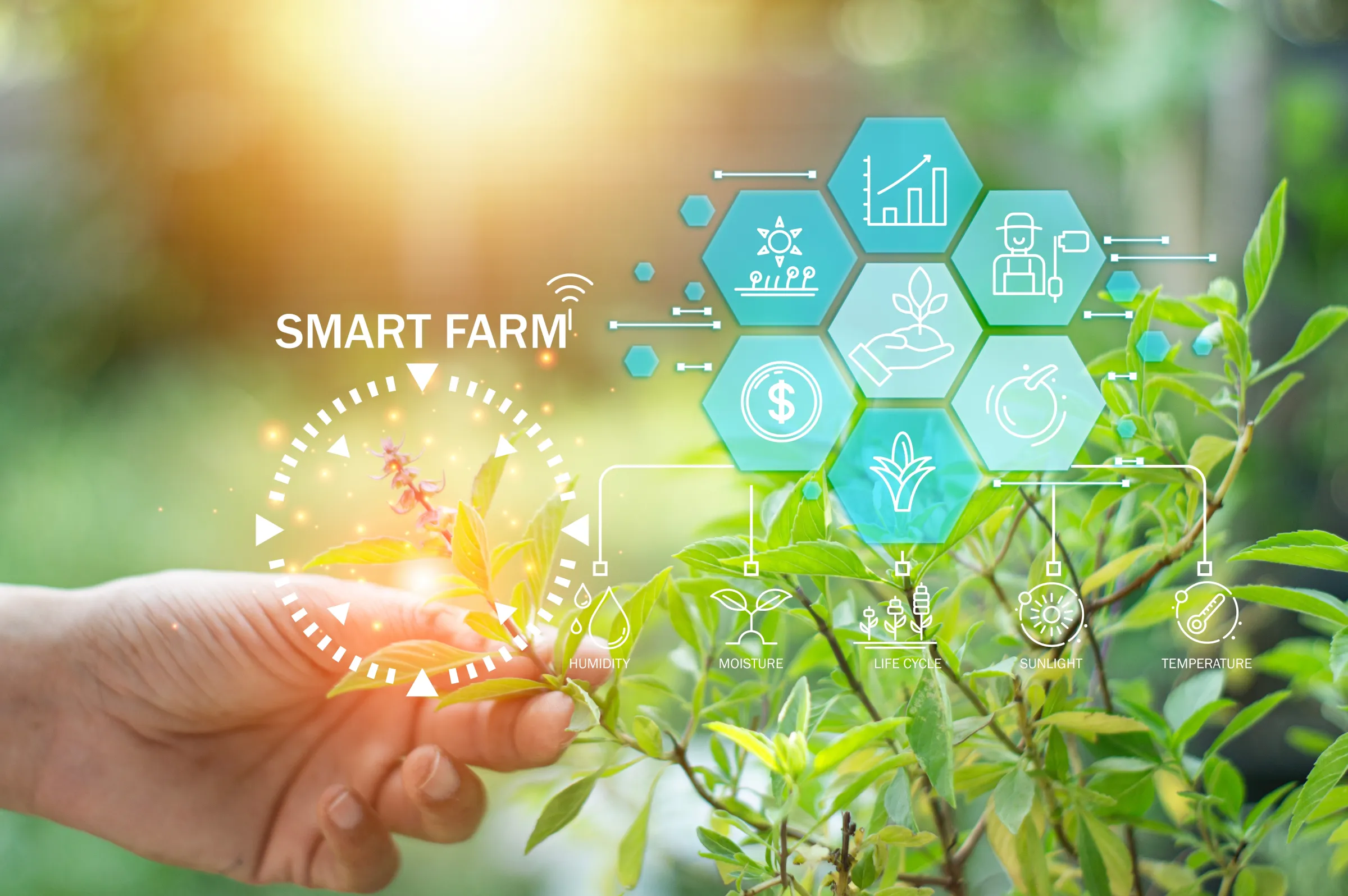
Betafeld’s new marketplace technology platform – MatLoop – has distinguishing characteristics that will facilitate a scalable supply chain by addressing farm-level supply chain challenges. A strategic combination of artificial intelligence and mathematical optimization, two complementary, advanced technologies, is innovative and unique. AI gathers the right data to feed the optimization engine, and together, they unlock the most value from an overlooked supply chain.
The platform's AI component uses text mining and deep learning to design an innovative material valorization database that suggests new ways for companies to use food waste. It also uses image processing to verify images of food waste for aesthetic imperfections and facilitate produce traceability, thus protecting the buyer’s liability.
The mathematical optimization component prescribes optimal, efficient operations to flow material between farms and various companies with respect to price and carbon-equivalent emission reduction. In particular, the optimization engine supports farm-buyer matching, storage, shipment consolidation and scheduling, and routing decisions. Thus, MatLoop provides a revolutionary, vital tool for creating a modern, competitive economy.
The symbiotic relationship between different technological innovations and agriculture is helping pave the way for a transformative shift toward circular supply chains. Advancements such as MatLoop accentuate the potential for efficiency and sustainability in every facet of agricultural operations.
IoT precision technology devices, such as sensors and drones, provide farmers with real-time data on soil health, crop conditions, and environmental factors. This data helps them make on-the-spot management decisions that help optimize resource use, reduce waste, and improve overall efficiency in the production process.
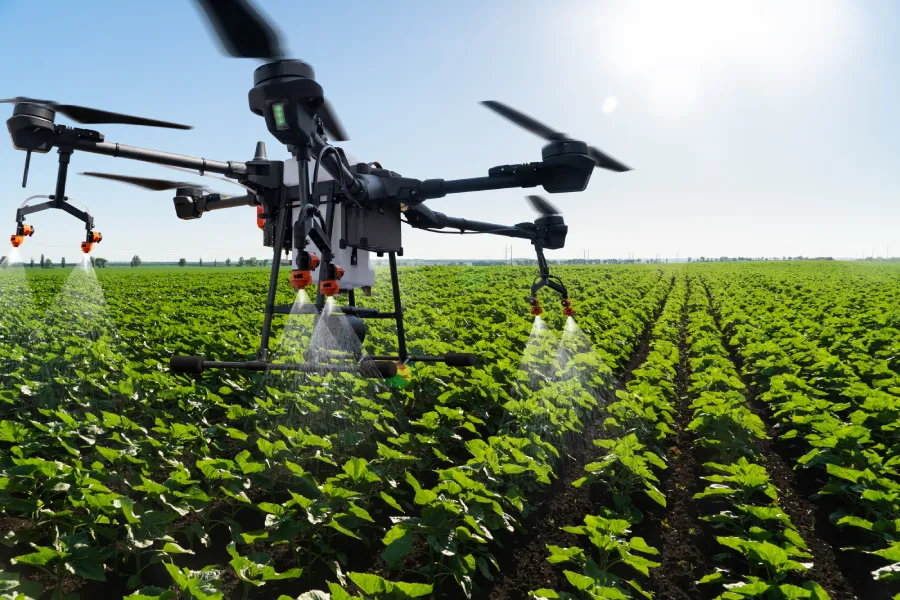
Robotic systems can automate harvesting processes and sorting tasks, ensuring that only the highest-quality produce reaches the market. By selecting and handling crops with precision, robotic systems reduce human error and minimize waste by selecting and handling crops with precision.
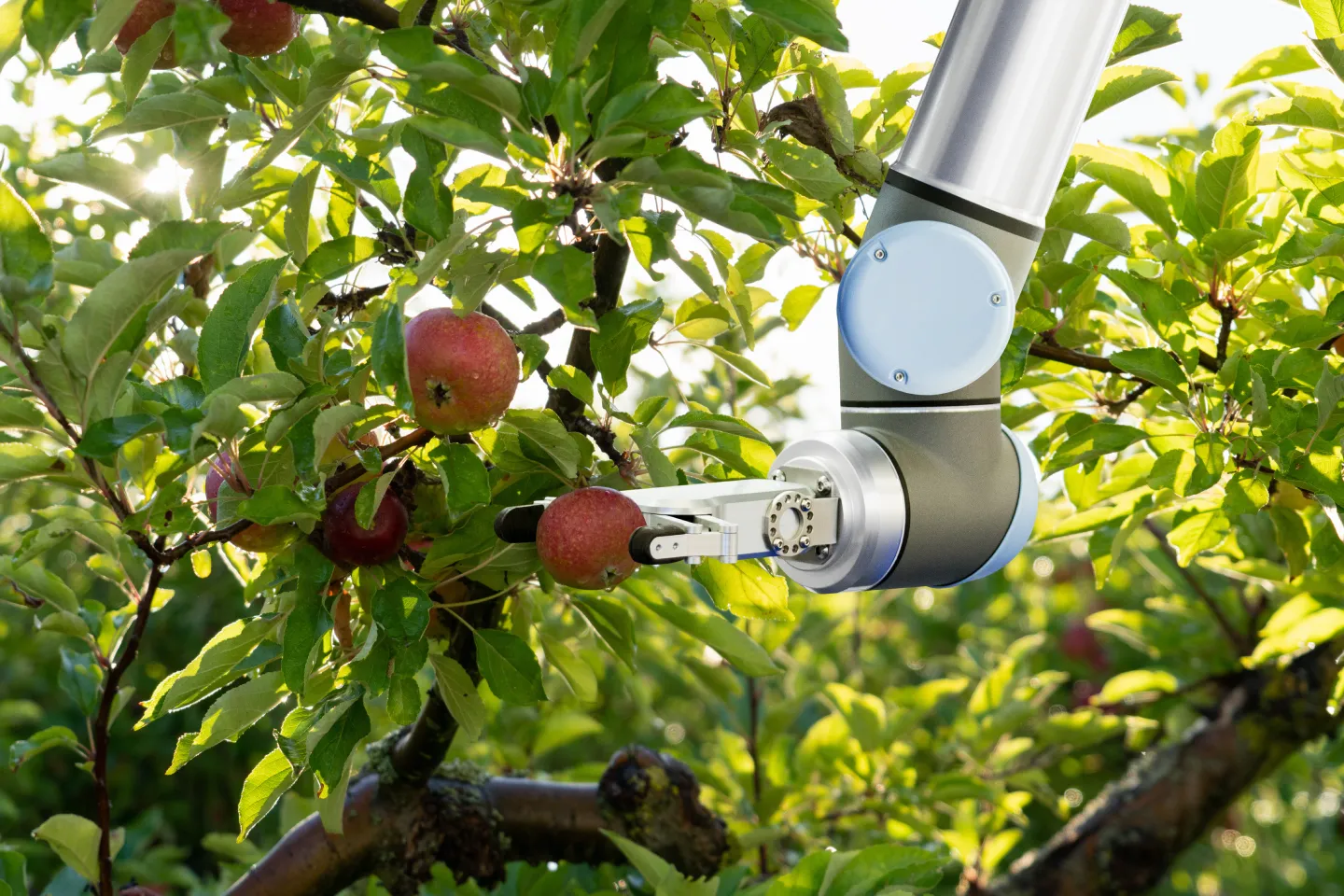
Agricultural robots with sensors and GPS technology can precisely apply fertilizers and pesticides, minimizing their negative environmental impact. Robots can move through fields, recognizing and removing weeds, reducing the need for chemical herbicides. These sustainable approaches minimize pollution and ensure healthier produce for consumers.
Circular packing solutions in agriculture contribute to sustainability, resource efficiency, and environmental responsibility within the farming sector.
They aim to minimize waste by designing packaging materials that can be recycled, reused, or repurposed. Technological innovations include developing biodegradable and compostable materials, reducing packaging waste's environmental impact. Recycled or biodegradable packaging minimizes the demand for new raw materials and lowers the energy required for production, aligning with the principles of a circular economy.
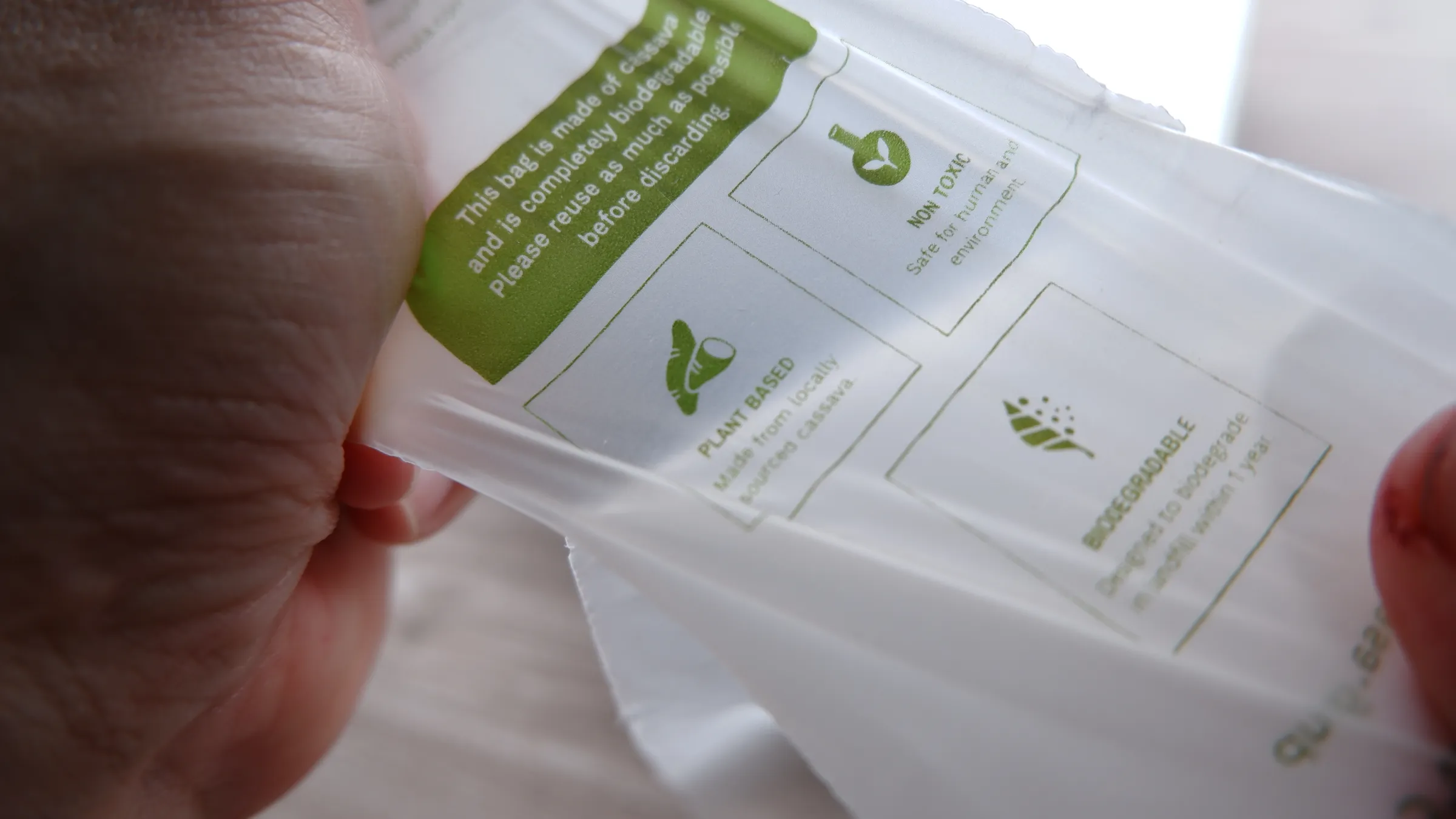
This approach helps reduce the environmental impact of single-use packaging, which often ends up in landfills.
RFID (Radio-Frequency Identification) and QR codes on packaging enable consumers to access information about the product's origin, production methods, and expiration dates.
Blockchain enables a transparent and tamper-resistant record of every transaction within the supply chain. This technology ensures traceability compliance, allowing consumers and stakeholders to verify agricultural products' origin, production practices, and transportation.
Renewable energy and agriculture are a winning combination on the road to circular supply chains. Renewable energy contributes to sustainable farm energy practices, reducing agriculture’s reliance on non-renewable energy sources and lowering its carbon footprint.
Solar, wind, and biomass energy can be harvested indefinitely, providing producers with alternative energy sources and a potential long-term source of income. Renewable energy can be used on-site to replace fossil fuels or sold as a "cash crop."
Advances in genetic engineering have developed higher-yielding crops and cultivars with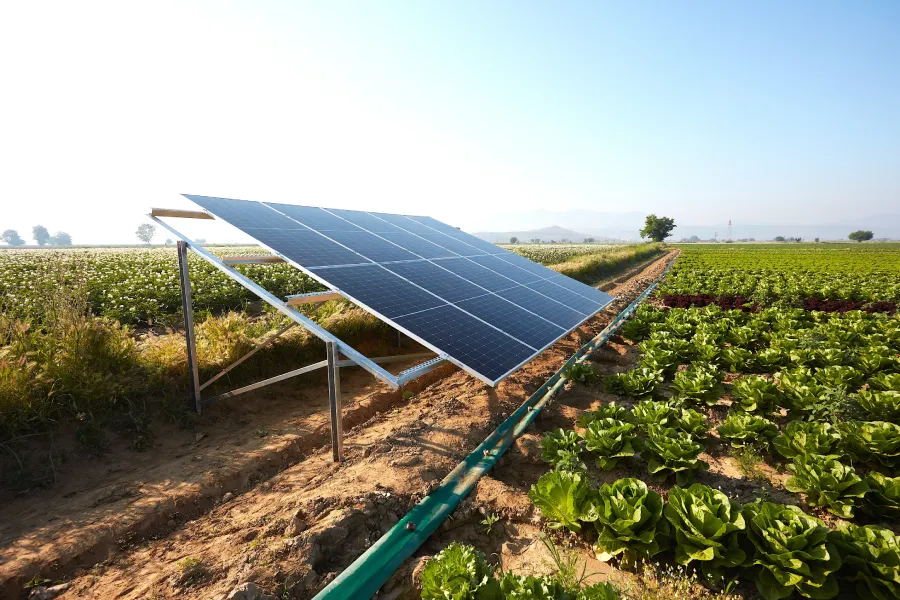 enhanced resistance to diseases and pests. These biotechnological advances reduce the reliance on chemical control methods, contributing to more sustainable farming practices.
enhanced resistance to diseases and pests. These biotechnological advances reduce the reliance on chemical control methods, contributing to more sustainable farming practices.
Anaerobic digestion is one of the more promising technologies for sustainable waste management. It can potentially turn a worsening agro-headache into opportunities for circular agriculture. It relies on microorganisms to decompose agricultural waste into various beneficial by-products.
Digesting manure reduces farming operations’ greenhouse gas emissions and the potential for local water contamination.
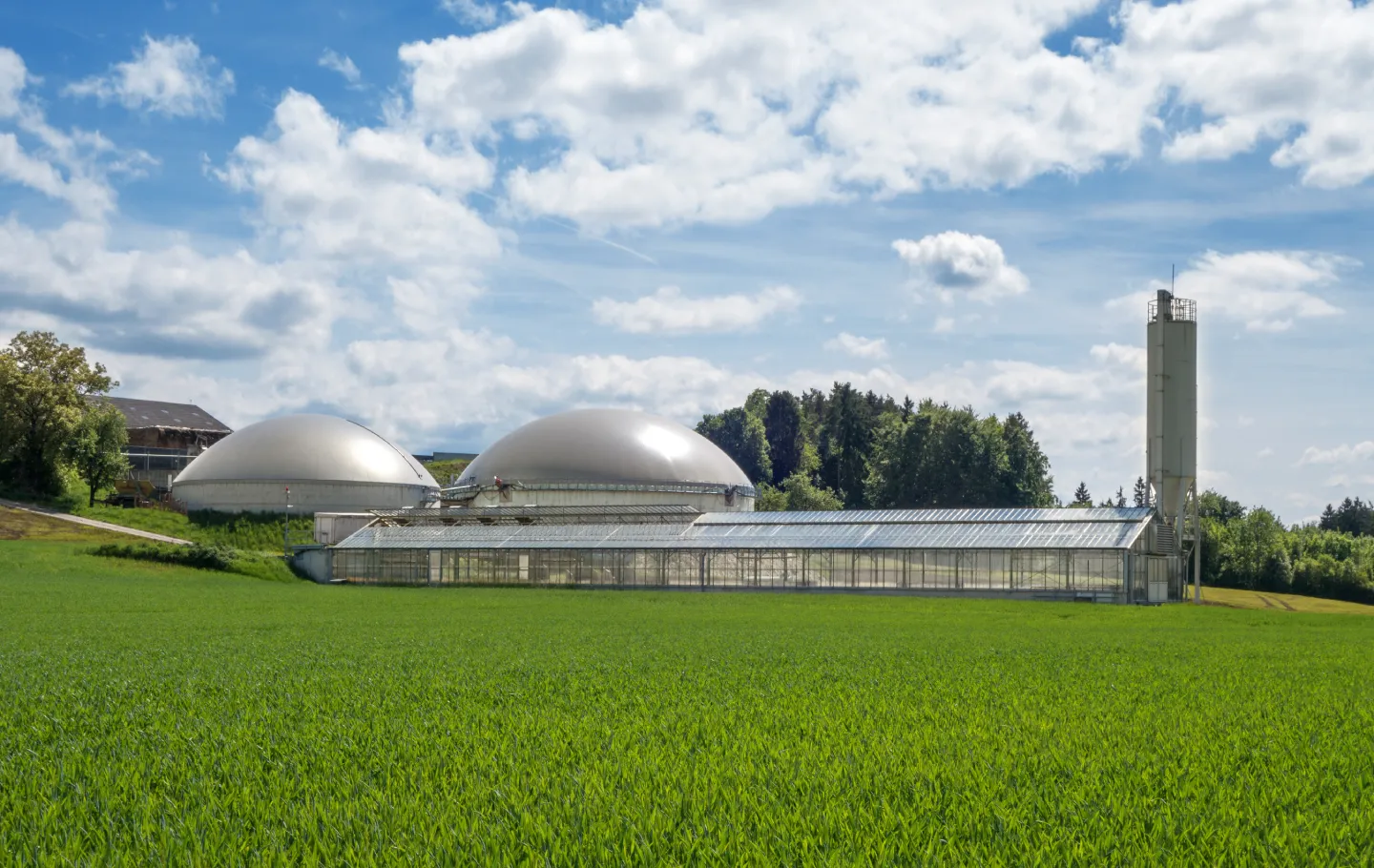
The advent of mobile farm management apps offers farmers tools for crop management, resource planning, and real-time monitoring right at their fingertips. These apps enhance the farm's communication, decision-making, and efficiency, contributing to a more circular and sustainable approach.